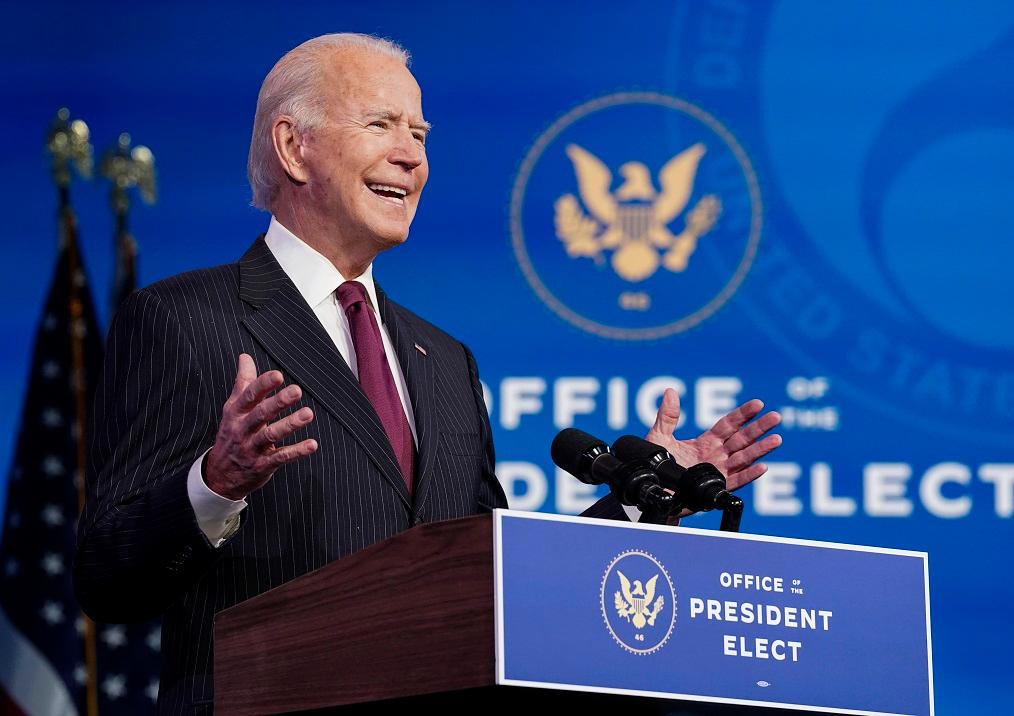News Analysis
There’s no more timely example of how special interests are controlling our information online than the example of the definition of “president-elect” as provided by the controversial online encyclopedia, Wikipedia.


There’s no more timely example of how special interests are controlling our information online than the example of the definition of “president-elect” as provided by the controversial online encyclopedia, Wikipedia.